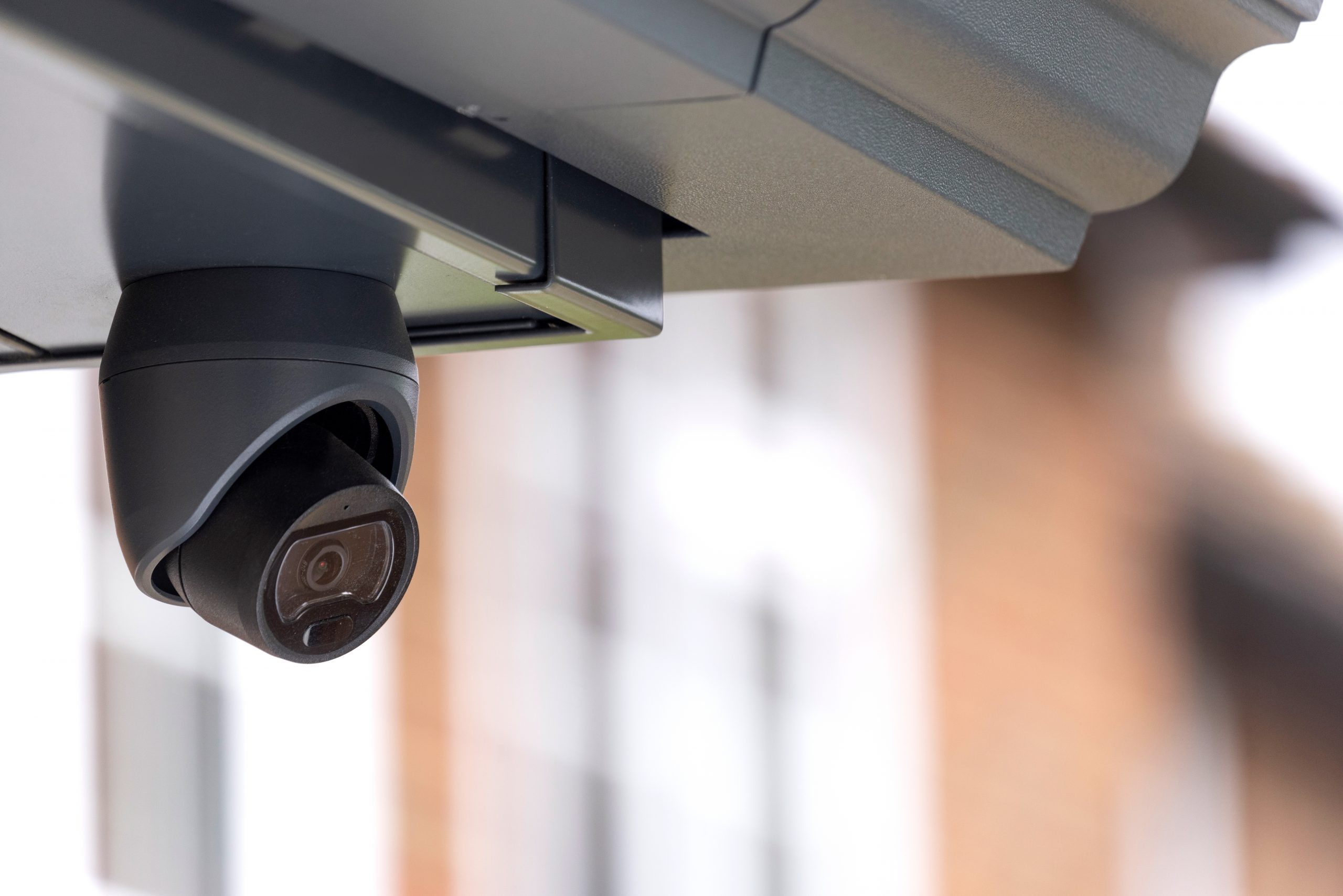Whether you’re a facilities director, COO, Head of Risk, or simply the person tasked with overseeing security, you carry a significant responsibility: protecting your people, assets, data, and reputation. But in a fast-moving landscape filled with evolving threats and increasing accountability, knowing what to ask your security provider, or your internal team, can be half the battle.
This journal outlines the five essential questions every security lead should be asking today. They’ll help you move from a passive to a proactive posture and give your board confidence that your security function is robust, responsive and auditable.
1 How confident are we in our front-line team?
This isn’t about whether they turn up in uniform, it’s about whether they’re truly equipped to handle the realities of today’s threats. Do they know how to de-escalate a confrontation? Can they spot hostile reconnaissance before an incident occurs? Are they trained in modern protocols for lone workers, active threats, or the appropriate level first aid for your company?
It’s also worth asking how often your officers receive refresher training, how morale is monitored, and whether they’ve been vetted and selected thoroughly not just legally, but to align with your company culture. Remember, your officers are often the first people staff and clients see. Are you proud of the impression they make?
2 Do we have clear, documented incident response procedures and are they being followed?
Many companies assume they’re prepared for a security incident until something happens. That’s when the reality hits: people aren’t sure who to call, logs are incomplete, or the response varies depending on who’s on shift.
Ask whether your security provider or internal team has a live, documented incident response protocol and whether it’s been tested in the last 6–12 months. Are reports stored securely? Are senior stakeholders notified consistently? If a regulator or insurer asked to see your last three incident logs, would you be comfortable showing them?


3 Are our access control and physical surveillance systems up to date and integrated with HR and IT?
Access control isn’t just about who can open a door it’s about who can get into your business, physically and digitally. Are former employees still active on the system? Are visitors logged and badge-issued accurately? Is CCTV footage stored securely and in compliance with GDPR?
The best organisations treat physical and digital security as part of one ecosystem. When HR terminates an employee or IT disables an account, that individual’s physical access should be revoked automatically.
4 Can we demonstrate that our security is auditable and compliant?
In an era of heightened scrutiny, you must be able to prove that your security operation is functioning properly. That means regular audits, documented patrol routes, visitor logs, access reports, training records, and incident files. If something goes wrong internally or externally your ability to respond confidently depends on the strength of your records.
Consider whether your current provider or in-house team is giving you the reporting and accountability your board would expect. If your processes are still largely manual or paper-based, it might be time for a digital upgrade.
5 Are we treating security as a strategic function or just a cost centre?
Security is too often seen as a checkbox or a budget line item, rather than a business enabler. But when done right, a high-performing security strategy can improve culture, build trust with clients, reduce risk exposure, and even support ESG goals.
Ask yourself: when was the last time security was on the agenda at a senior leadership meeting? Are you measuring its effectiveness or simply its cost? And does your provider truly understand your organisation’s brand, values and threat profile?
A mature security function should work in close alignment with HR, IT, compliance, legal and facilities not in a silo.
Security is no longer just about guards and gates. It’s about strategy, accountability and trust. By asking these five questions, you’ll move beyond the basics and take a meaningful step toward a modern, resilient security culture.
CONTACT US